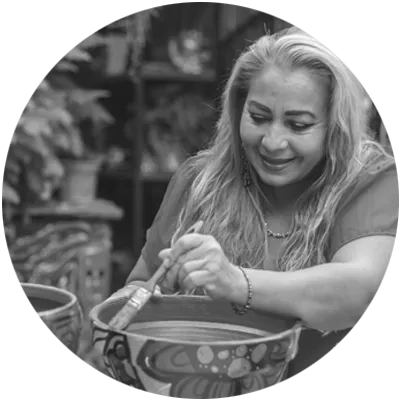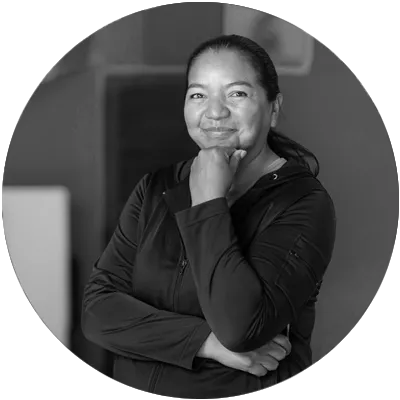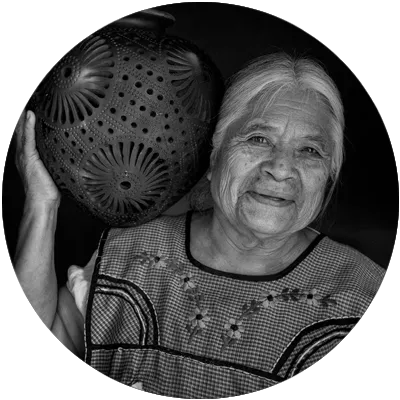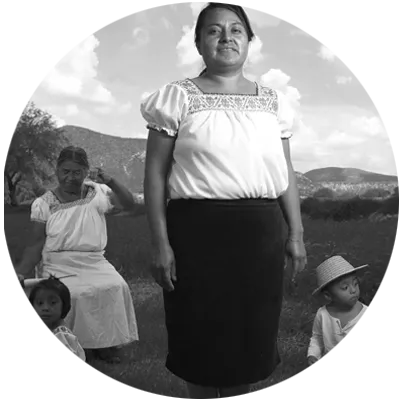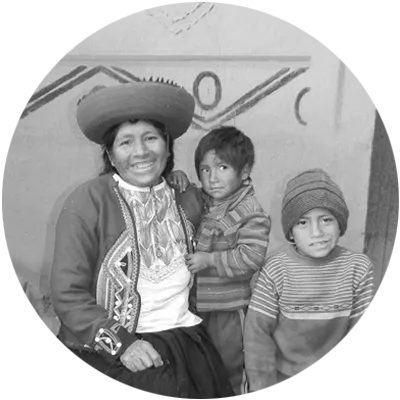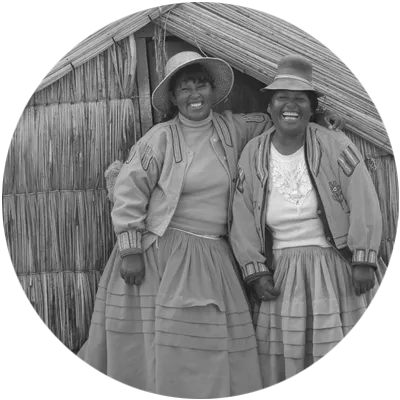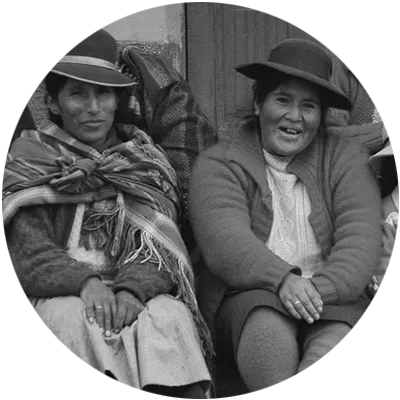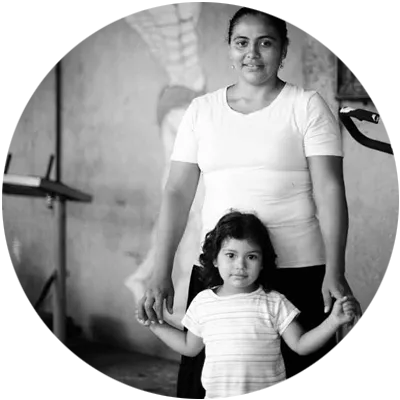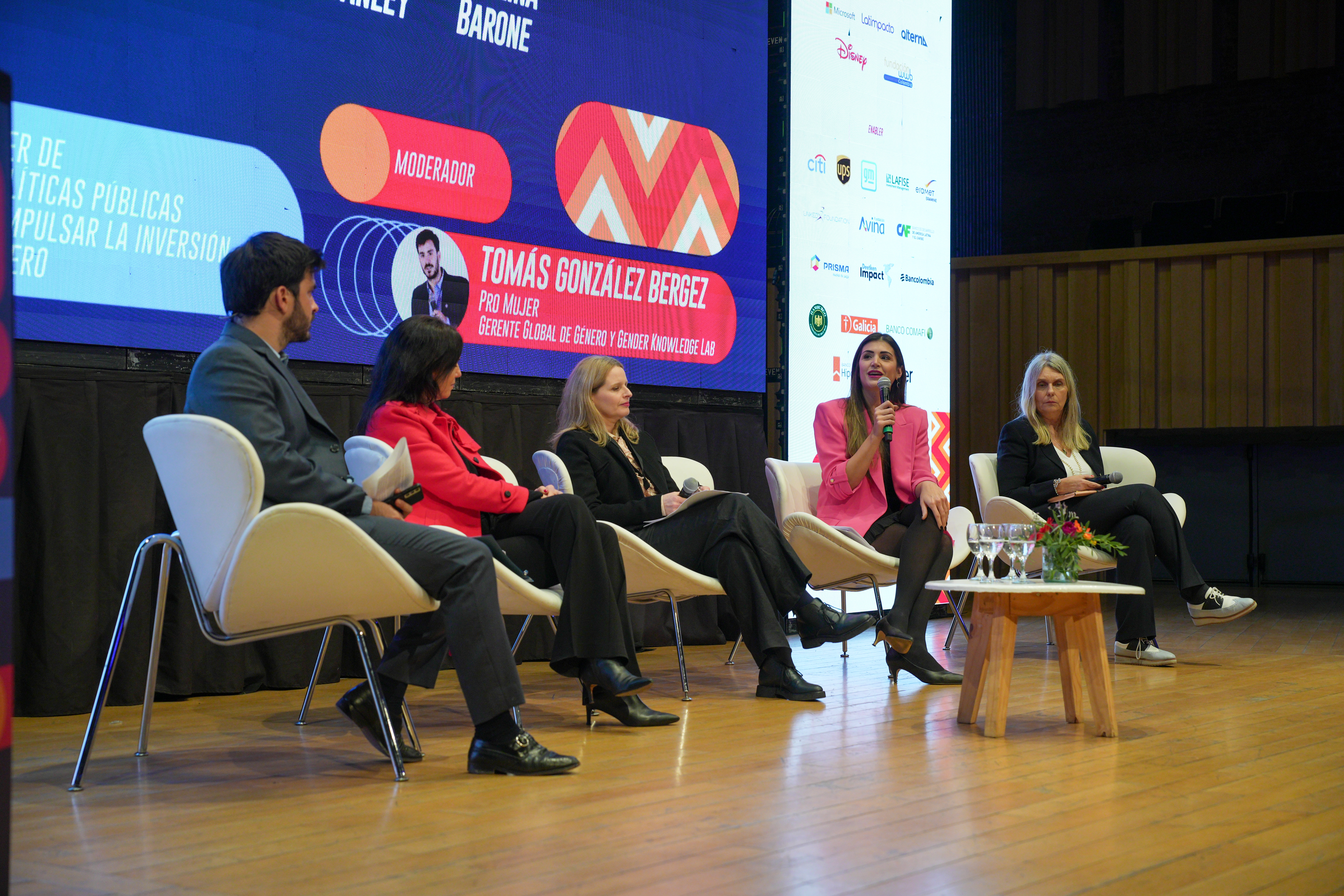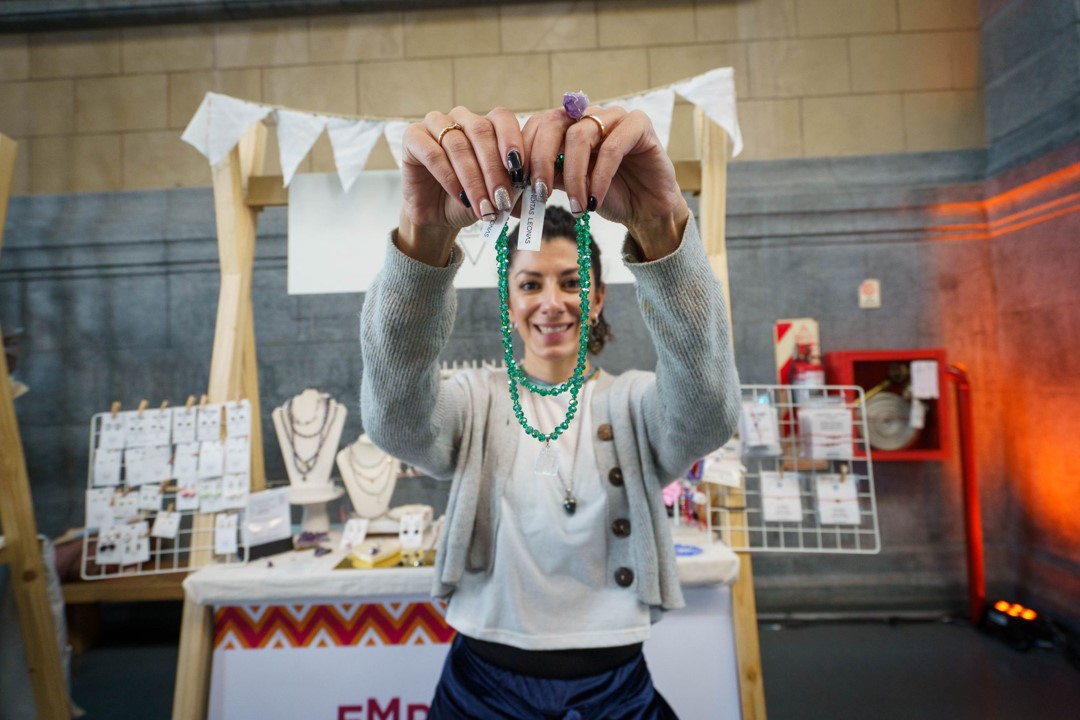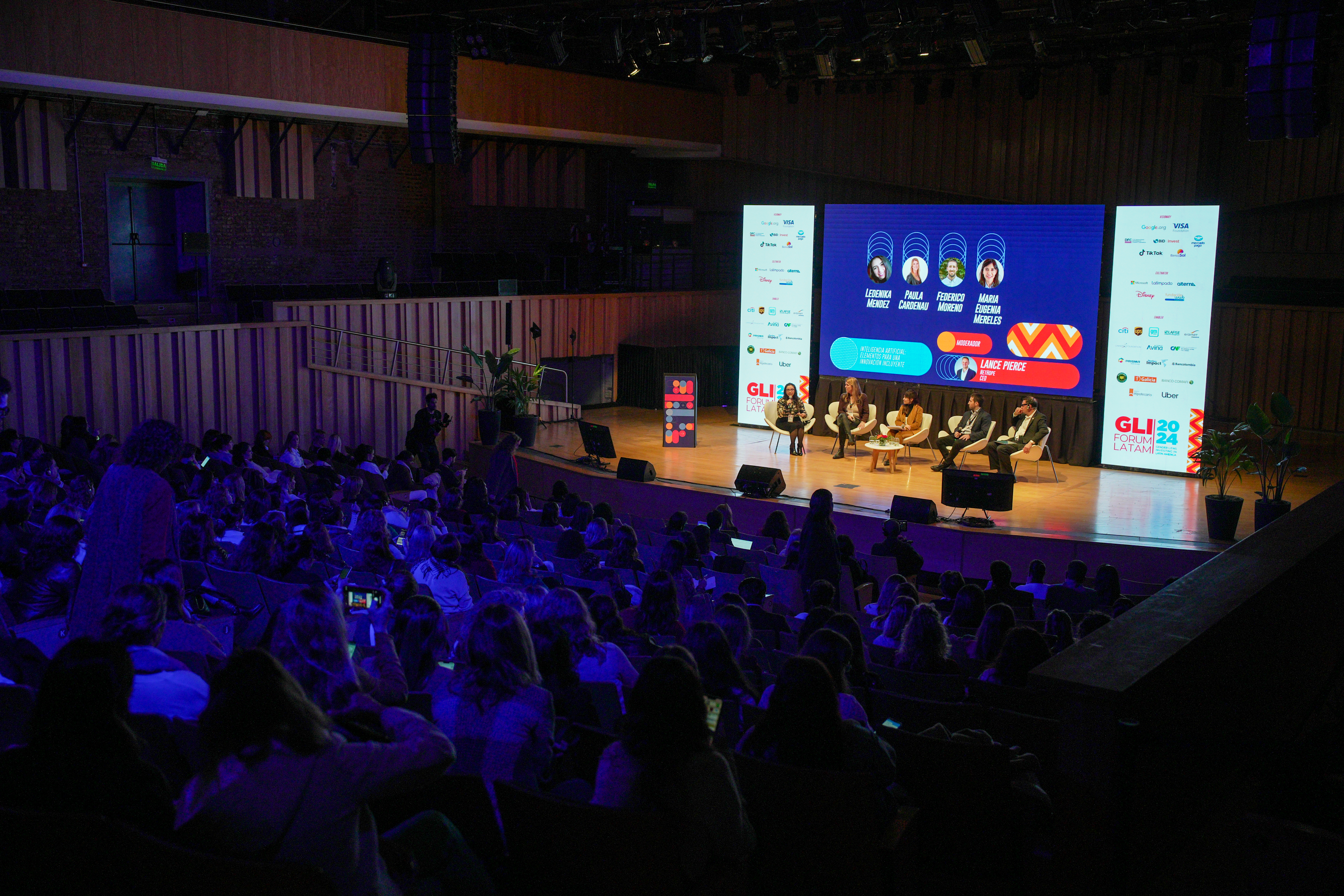In the current global landscape, there is an alarming setback in terms of gender, inclusion, and equality. New governments, legislations, and projects have relegated an agenda that, for decades, has advocated for women’s rights and empowerment.
This setback is exacerbated by the wide ideological gap that has been detected between women and men, mainly in Gen Z. Research and surveys reveal that, while women are increasingly leaning toward progressive stances, men identify with more conservative ideas.
An article published by journalist John Burn-Murdoch in the Financial Times highlights those young men in countries like South Korea, the United States, Germany, and the United Kingdom lean toward more conservative political ideas compared to women of the same generation. “Gen Z is two generations, not one,” he claims.
The impact of this setback jeopardizes the progress made in women’s rights and gender equality and fuels the backlash against feminism among young conservatives, which in turn creates resistance to the claims and advances achieved by women. Therefore, leaders and public policies must commit to strengthening the gender perspective in our societies to promote and structure its incorporation.
In the session held on June 5 as part of the GLI FORUM LATAM, “The Power of Public Policies,” experts in the field gathered to discuss this crucial topic, moderated by Tomás González Bergez, Pro Mujer’s Global Gender and Gender Knowledge Lab manager. Panelists featured in the discussion included: Cornelia Schmidt-Liermann, Airport Security Police Control Director and former National Deputy of Argentina; Guadalupe Aguirre, Gender, Inclusion, and Diversity Coordinator at CAF; Carolina Stanley, general advisor at the Public Guardian’s Office of the City of Buenos Aires; Carolina Barone, Undersecretary for Women, Government of the City of Buenos Aires.
“With only six years left to reach the estimated deadline for achieving the Sustainable Development Goals, only 15.4% of the indicators for Goal 5—Achieve gender equality and empower all women and girls—are on track,” began Tomás, reflecting on this during his participation in the forum, and wondered how public policies can address the existing debt to women and dissenting voices.
Carolina Stanley, who has extensive experience in the Argentine public sector, indicated that the true impact of achieving parity is still not understood or observed. “We are not talking about spending, but about investment. And why do I say investment? Because there are even studies from the World Bank that say that, if Argentina worked toward gender equality in the labor market, GDP would grow by 14%. We could say that the impact of gender equality on the economy is almost essential and fundamental.”
To complement this latent opportunity in the labor market, Carolina Barone highlighted the value of unpaid work, which in the City of Buenos Aires represents 13% of the total wealth. “If we invested in women and their potential, this would directly translate into an increase in GDP,” she stated.
Although progress has been made, states have yet to implement major initiatives aimed at improving the situation of women. As noted by Guadalupe Aguirre, representative of the Development Bank of Latin America and the Caribbean (CAF) on the panel, “In Latin America, 30% of women do not have their own income, compared to 8% of men. Our entry into labor markets is made through informal jobs, part-time work, and in the least dynamic sectors of the economy.”
Workspaces continue to be dominated by men, while women continue to be segregated and relegated to informal and marginal spaces. Countless barriers hinder their professional aspirations, but the main gap that makes progress in their training process impossible has to do with the overload of household and caregiving tasks. “The care barrier is the main barrier to gender equality. And there, too, the State and public policy still have a lot to offer,” emphasized Guadalupe.
The responsibilities of care and other household chores disproportionately fall on women, limiting their availability and freedom to participate in other productive areas. In Latin America, unpaid domestic and care work contributes a value of between 19% and 27% of GDP, and 75% of this contribution is carried out by women (ECLAC). Under this premise, regulatory and normative entities should assume the commitment to design a comprehensive strategy to redistribute and recognize care.
Cornelia Schmidt-Liermann mentioned a sign of attentiveness from the Colombian government and referred to an initiative carried out in Bogotá, where 9 out of 10 women perform unpaid care work. To free up women’s time, the CARE System was developed so that caregivers and those they care for can access city services. A great success story carried out by the public sector.
The director of the Airport Security Police Control emphasized the need to bring men into these conversations and promote shared responsibility through the implementation of policies that actively encourage men’s participation in caregiving roles.
Moreover, the burden of care makes it difficult for women to advance in the workplace hierarchy. The lack of balance between their personal lives and work responsibilities limits the possibility of reaching decision-making positions. “In Latin America and the Caribbean, only 15% of local governments are led by women,” mentioned Guadalupe Aguirre, and emphasized: “If we women don’t have our own voice, are not represented and don’t bring our needs to the public arena, no one is going to do it for us.”
According to the IDB, there is empirical evidence indicating a positive correlation between a greater number of women in public decision-making positions and greater economic growth, gender equality, and greater social spending on education, health, and environmental protection. This represents an opportunity to redefine strategies and combine efforts from all sectors of society, including both the public and private sectors.
In line with this vision, Aguirre mentioned a new initiative that CAF is developing together with the United Nations Development Programme (UNDP), the Gender Equality Seal, a methodological tool to recognize public institutions that work toward advancing gender equality.
Without a doubt, governments must take on a leading role in the implementation of public policies with a cross-cutting gender perspective. Carolina Barone shared her experience working in the public sector of the City of Buenos Aires, where two long-term projects have been implemented: The Iniciativa PARES (PARITY Initiative in English), which seeks to eliminate income inequalities based on gender, promotes professional growth of women, and increase their participation in the workforce; and the Sello Empresa Mujer (Women’s Business Seal), a mechanism to identify and foster the participation of women in the public market.
Only through the joint and committed action of all sectors of society, both public and private, can we build a region where gender equality is a reality. “Gender equality is more than just a goal in itself. It is a precondition for meeting the challenge of reducing poverty, promoting sustainable development, and building good governance,” in the words of Kofi Annan, seventh Secretary-General of the United Nations.


